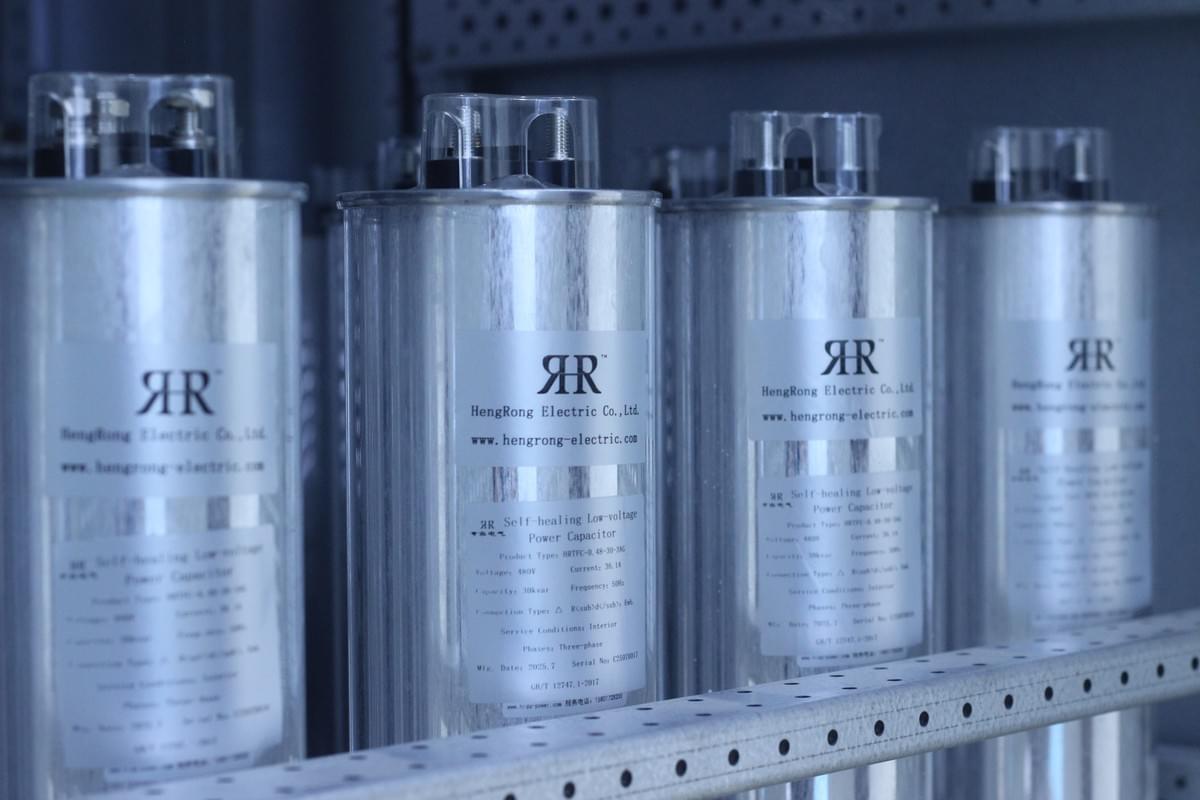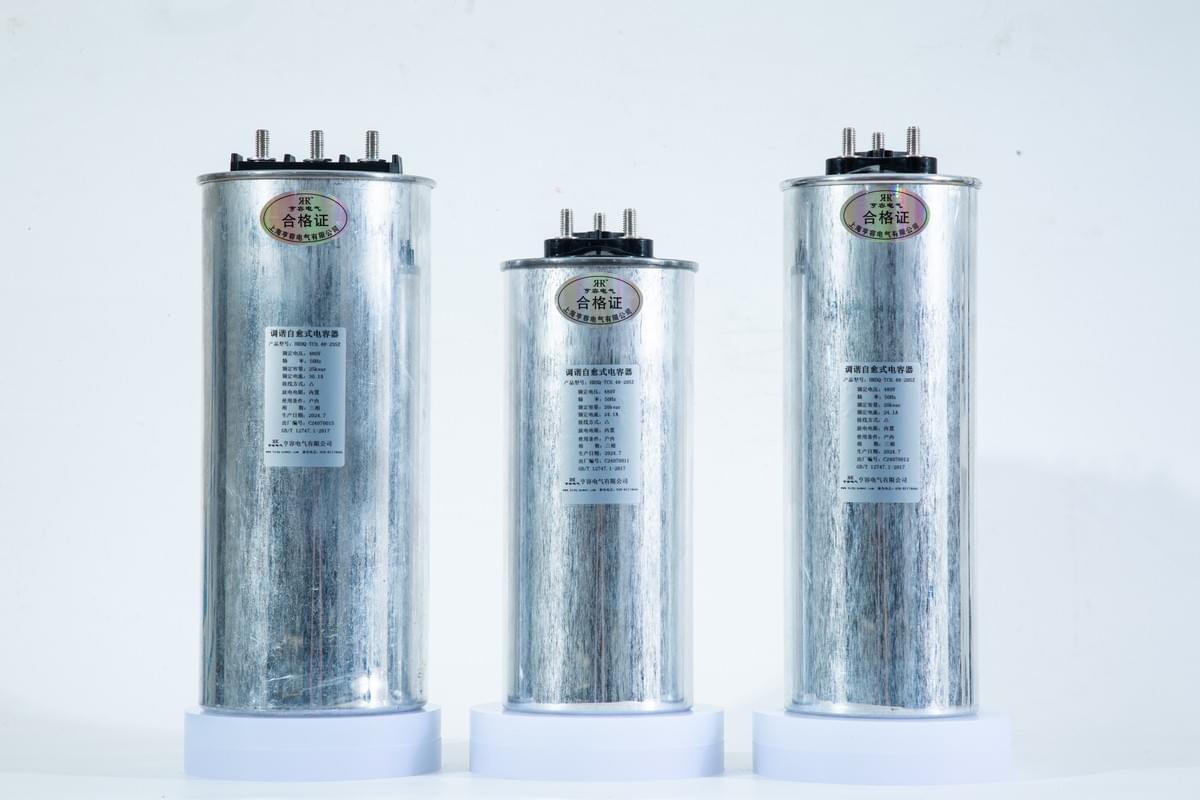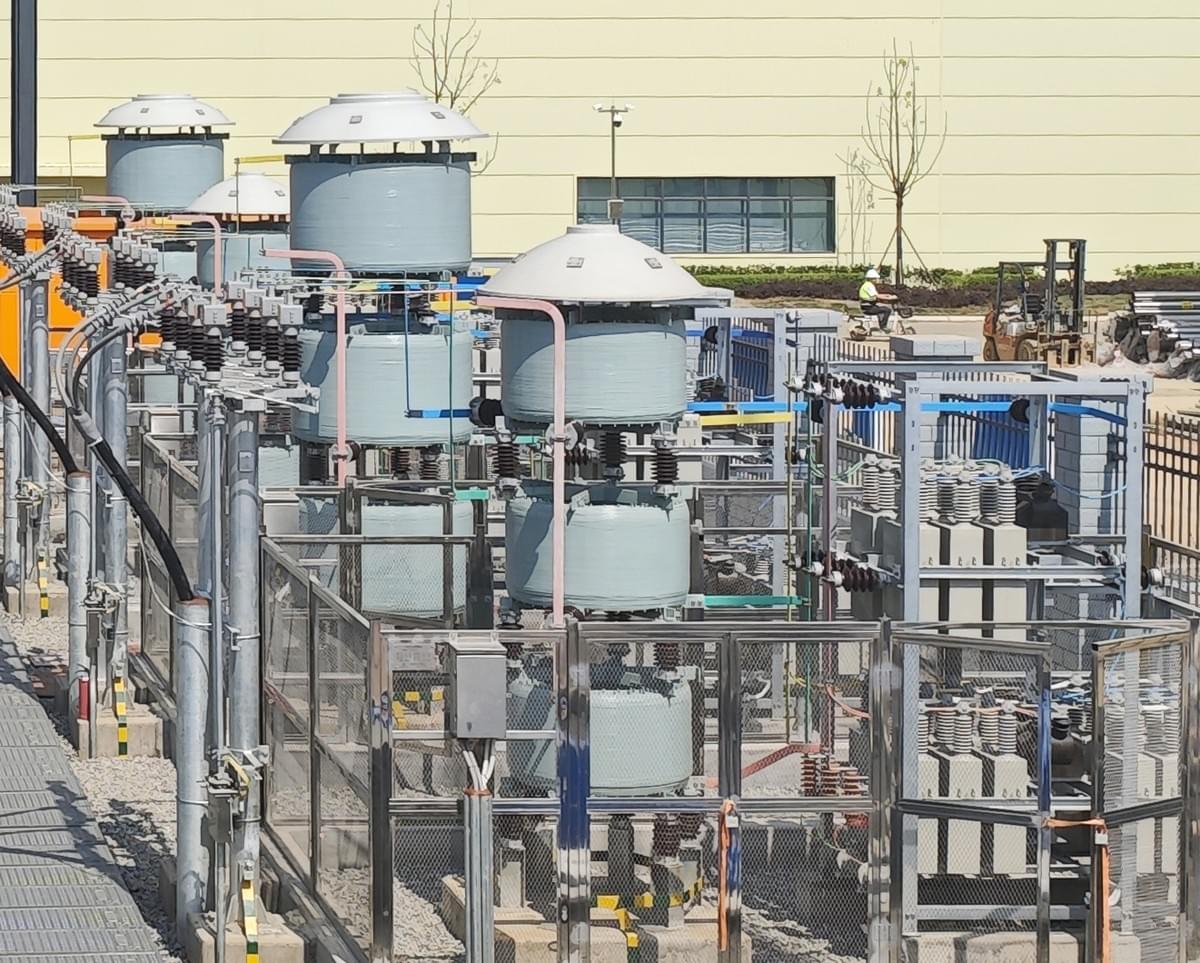
In today’s rapidly growing electronics industry, the capacitor is one of the most fundamental yet crucial components. From smartphones to electric vehicles, from home appliances to industrial automation, capacitors are everywhere. This article will cover the definition of capacitors, capacitor classification analysis, capacitor application cases, and a capacitor selection guide, helping readers gain a comprehensive understanding of this small but indispensable component.
What Is a Capacitor? — The Basic Principle of Capacitors

A capacitor is an energy-storage component whose primary function is to store and release electrical charge. It is composed of two metal plates with a dielectric material in between. Depending on the material and structure, capacitors can deliver different performance levels. The unit of capacitance is the Farad (F), though in practice microfarads (μF), nanofarads (nF), and picofarads (pF) are more common.
The common functions of capacitors include:
- Power supply filtering
- Signal coupling and decoupling
- Energy storage
- High-frequency tuning and noise suppression
This is why capacitors are often described as the “buckets” of circuits, regulating current and voltage stability.
Capacitor Classification Analysis
Capacitors come in many forms, and different types are designed for specific applications. Below is a capacitor classification analysis of the most common categories:
1. Ceramic Capacitors
Features: Small size, low cost, excellent high-frequency characteristics.
Applications: Widely used for filtering, decoupling, and high-frequency circuits.
2. Electrolytic Capacitors
Features: Large capacity, affordable, but limited lifespan and temperature sensitivity.
Applications: Power supply filtering, energy storage, audio circuits.
3. Film Capacitors
Features: Excellent stability, low loss, and high reliability.
Applications: Power electronics, automotive electronics, and precision circuits.
4. Supercapacitors
Features: Positioned between traditional capacitors and batteries, they provide both rapid charge/discharge and large energy storage.
Applications: Energy recovery in electric vehicles, backup power supplies, and renewable energy systems.
Capacitor Application Cases

Capacitors can be found almost everywhere. The following capacitor application cases highlight their importance across industries:
Capacitor Applications in Consumer Electronics
In smartphones, computers, and tablets, capacitors are used for power supply filtering, signal regulation, and circuit stability. For example, capacitors can remove noise from the power supply, ensuring processors run smoothly.
Capacitor Applications in Automotive Electronics
Electric vehicles heavily rely on supercapacitors, such as in regenerative braking systems to store energy and improve efficiency. They also provide instant power output in vehicle power supplies, enhancing driving performance.
Capacitor Applications in Industrial Automation
In industrial equipment, capacitors are widely used in motor starters, inverters, and frequency converters, ensuring stable operation even under high power loads.
Capacitor Applications in Communication and IoT
In wireless communication systems and IoT devices, capacitors are critical for signal tuning and filtering, ensuring signal clarity and reliability.
Capacitor Selection Guide: How to Choose the Right Capacitor?

In circuit design, capacitor selection is vital. Choosing the wrong capacitor may lead to unstable circuits, reduced device lifespan, or even failures. Key factors for capacitor selection include:
- Capacitance (C Value): Select appropriate capacity according to circuit requirements.
- Voltage Rating: Must be higher than the actual working voltage for safety.
- Equivalent Series Resistance (ESR): Affects heating and efficiency, especially critical in switching power supplies.
- Temperature Characteristics: Different capacitors perform differently in extreme temperatures.
- Lifespan and Reliability: Long-life, high-reliability capacitors are essential for automotive and industrial applications.
- Supply Chain and Certification: Choose certified capacitor manufacturers with stable long-term supply.
Future Trends of Capacitors

With emerging technologies, capacitor design and manufacturing are evolving in several directions:
- Miniaturization and High Performance: Meeting the needs of 5G, wearables, and drones.
- High Energy Density: Supercapacitors will play a growing role in energy storage, complementing lithium batteries.
- Long Lifespan and High Reliability: Serving the demands of electric vehicles and aerospace.
- Eco-Friendly Materials: Developing recyclable and environmentally friendly capacitors for sustainable growth.
- Smart Applications: Integration with smart grids and IoT to optimize energy efficiency.
Conclusion: The Value of Capacitors and Business Choices
Although small in size, the capacitor is an irreplaceable component of the modern electronics industry. From consumer electronics to electric vehicles, from industrial control to the Internet of Things, capacitors play a vital role.
For businesses, making the right capacitor selection and securing a reliable capacitor supply chain not only improves product quality but also strengthens market competitiveness. As technology continues to advance, capacitor applications will expand further, and their market value will continue to rise.

At Hengrong Electrical, we understand that every detail in power control matters. From advanced product design to innovative filtering solutions, we are committed to delivering reliable, efficient, and future-ready technologies. By choosing Hengrong, you gain more than just products — you gain a trusted partner dedicated to helping your business achieve smarter, safer, and greener operations.
